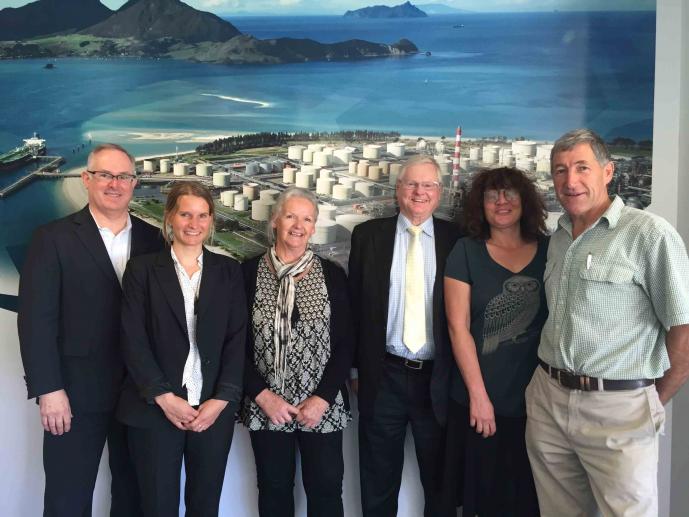Councils and communities – a collaborative response to GE risks
Whangarei and Far North District Councils received strong support from the community for their proposals to protect their territories from GM releases this week.
The Soil & Health Association of NZ and GE Free Northland led a group of 14 submitters, presenting their case at a joint hearing on Whangarei District Council and Far North District Council’s proposed district plan changes for the outdoor use of genetically modified organisms (GMOs).
Soil & Health and GE Free Northland engaged independent expert witnesses to outline the case for the precautionary approach to GMO releases that both councils have proposed for their District Plans.
“Soil & Health has concerns about potential adverse impacts of GMO activities on the ability of the organic sector, tangata whenua and the community to provide for their social, environmental, economic and cultural well-being,” said Marion Thomson, co-chair of Soil & Health. “The proposed District Plan changes provide practical, commonsense ways of protecting communities.”
The plan changes would allow veterinary vaccines that use GMOs to be used without permits, but outdoor field trials would require council consent. Releasing GMOs to the environment would be prohibited for the life of the plans,or until such time as there is certainty as to how any risks can be managed.
Discretionary activities (outdoor field trials) would need to meet certain standards, including bonds to cover the costs of any unintended economic, health or environmental damage caused by EPA-approved GE experiments and the costs of ongoing monitoring.
“Government agencies have a poor track record in containing outdoor GE experiments, and the law has very limited liability provisions for damage,” said Zelka Grammer, chairperson of GE Free Northland. “The local community supports a precautionary approach to outdoor GE experiments, strict liability provisions imposed by local councils, and an outright ban on the release of GMOs in their patch, due to the serious risks to our biosecurity, unique biodiversity and environment.”
Many members of GE Free Northland are primary producers whose livelihood is from farming, horticulture, forestry and beekeeping, or home gardeners, all of whom could be adversely affected by GMOs.
There is no scientific consensus as to the potential effects of GMOs on the environment. Irrespective of the threat GMOs pose to the environment, GMO contamination risks significant adverse effects on social, economic and cultural values.
Soil & Health and GE Free Northland strongly support the right of communities to decide whether or not GMOs are released or field-trialled in their regions and, if so, whether any conditions should be placed on them. This was confirmed by the landmark Environment Court decision in 2015 that councils have the power under the Resource Management Act to control the use of GMOs in their regions.
Media contacts
Marion Thomson
Co-chair, Soil & Health
027 555 4014
Zelka Grammer
Chairperson, GE Free Northland
022 309 5039
Marty Robinson
Spokesman, GE Free Northland
09 407 8650
022 136 9619

